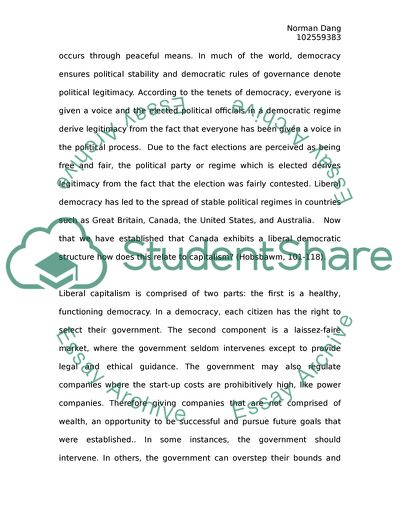Cite this document
(“Canadas economic and political system in context Research Paper”, n.d.)
Retrieved from https://studentshare.org/politics/1559372-canadas-economic-and-political-system-in-context
Retrieved from https://studentshare.org/politics/1559372-canadas-economic-and-political-system-in-context
(Canadas Economic and Political System in Context Research Paper)
https://studentshare.org/politics/1559372-canadas-economic-and-political-system-in-context.
https://studentshare.org/politics/1559372-canadas-economic-and-political-system-in-context.
“Canadas Economic and Political System in Context Research Paper”, n.d. https://studentshare.org/politics/1559372-canadas-economic-and-political-system-in-context.


